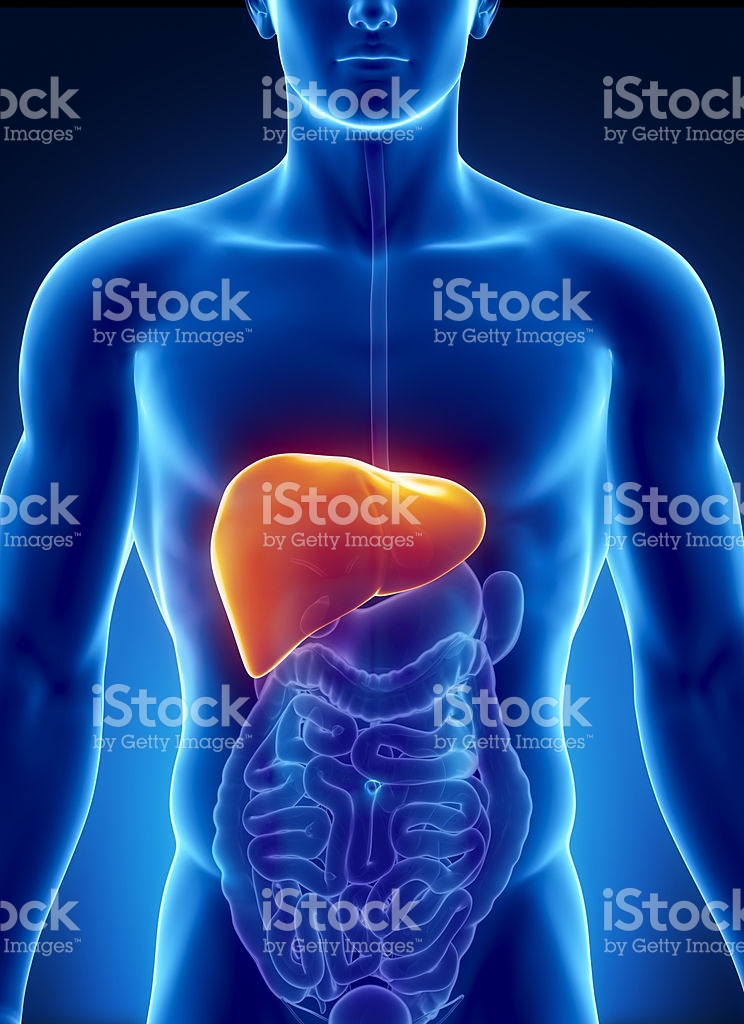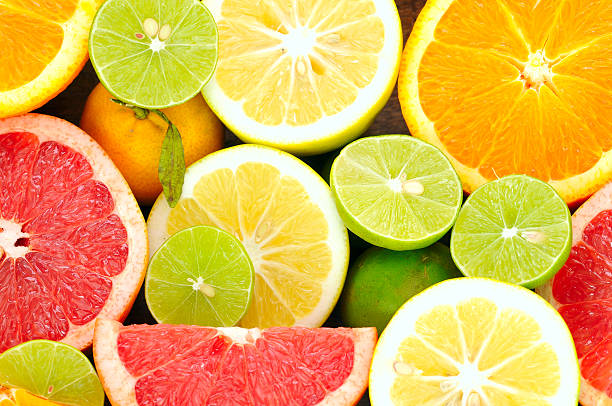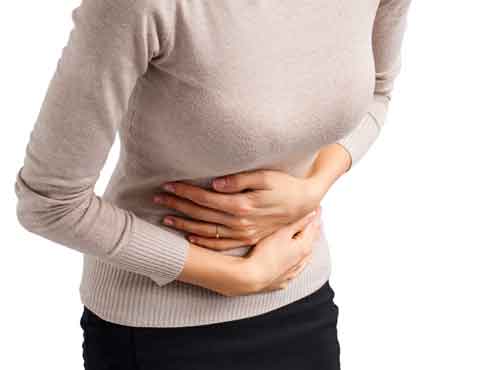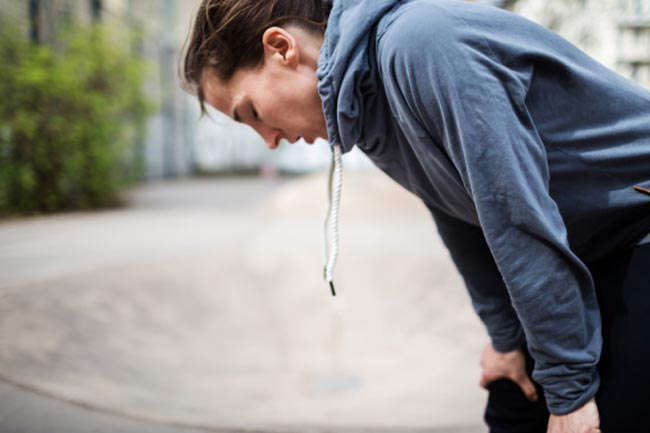WANT TO LIVE LONGER? KNOW THIS ABOUT YOUR LIVER AND LIVE LONGER
THE LIVER
The liver is the cleanser and filter of the bloodstream. This makes it one of the very vital organs in the human body. It is an accessory organ of the digestive system. The liver is the largest internal organ and has enormous amount of blood flowing through it every minute of our lives.
Thus, it is imperative that we try our possible best to maintain a healthy well-functioning liver. In the human body, it is located in the upper right quadrant of the abdominal cavity below the diaphragm.

Image source
According to the world life expectancy, deaths caused by liver diseases is at the 12th position in the world rankings of total deaths.
1.png)
Screenshot of my laptop
IMPORTANCE OF THE LIVER
The liver, only found in vertebrates performs many different functions some of which include the following:
- Detoxification of various metabolites
Metabolites are intermediates and products of metabolism (physical and chemical changes that occur inside the human body that provide adequate energy for life processes and the synthesis of new materials). The liver plays an important role in detoxifying the body by converting ammonia into urea for excretion in the urine by the kidneys. Also, the liver breaks down medications and drugs, including alcohol, and is responsible for the breakdown of insulin and other hormones in the body.
- Synthesize proteins and carbohydrates
Liver cells called hepatocytes are responsible for making many of the proteins in the body that are needed for many functions, including blood clotting factors and albumin, required to maintain fluid within the circulatory system.
Moreover, carbohydrates are also produced in the liver and the organ is responsible for turning glucose into glycogen that can be stored both in the liver and in the muscle cells. Thus, it helps in glycogen storage regulation.
- Produce biochemicals necessary for digestion
It produces and stores bile in a small pouch called gallbladder (which is found just under the liver). The bile helps in the breakdown of fat into fatty acids and glycerol. These fatty acids and glycerol are stored in tissues to serve as reserves and are used by the body to produce energy during starvation.
It is supplied with oxygen-rich blood by an artery called hepatic artery and drained by the hepatic vein and hepatic portal vein. The hepatic portal vein carries blood rich in digested nutrients from the gastrointestinal tract.
- Serves as storage unit
Another function of the liver is to store vitamins and chemicals that serve as building blocks for the body. These includes:
- Vitamin B12 (cobalamin) for maintaining healthy nerve cells, production of nucleic acids (DNA and RNA)
- Vitamin A for good vision
- Vitamin D for calcium absorption
- Vitamin K which helps in blood clotting
- Folic acid,
- Iron required to make red blood cells
DISEASES OF THE LIVER
Many different disease processes can occur in the liver, including infections such as hepatitis, cancers and cirrhosis (scarring). Furthermore, medications or toxins can cause damage to the liver.
Symptoms of liver disease may depend upon the type of liver disease. Some symptoms of liver disease may include
- Abdominal pain and swelling: The inflammation of hepatitis may be associated with pain in the right upper quadrant of the abdomen.
Jaundice: Yellowing of the whites of the eyes, mucous membranes and the skin which is caused by bile pigments in the blood due to the inability of the liver to effectively metabolize bilirubin in the normal breakdown of old red blood cells.
Confusion: Ammonia metabolism may be difficult causing its levels in the blood to rise and this may result in confusion.
Bleeding: This is because the liver is unable to manufacture blood clotting factors in adequate amounts.
Fatigue, weakness, weight loss and shortness of breath as a result of muscle wasting. This is due to the inability of the liver to manufacture proteins.
CAN LIVER DISEASES BE PREVENTED?
YES, many acquired diseases of the liver can be prevented by maintaining a healthy diet and lifestyle as well as avoiding drugs and excessive alcohol consumption.
The following lifestyles can help prevent liver diseases: moderate alcohol consumption can help to decrease the risk of liver disease, minimizing exposure to body fluids can help reduce the risk of contracting hepatitis B and hepatitis C. Moreover, vaccinations are available for hepatitis A and B.
Furthermore, maintaining a healthy weight and eating a balanced diet can help to decrease the risk of developing fatty liver disease.

Image source
Citrus fruits like grapefruit, oranges, limes and lemons are high in both vitamin C and antioxidants. These fruits support the natural cleansing abilities of the liver.

Image source
Currently, there is no way to compensate for the absence of liver function in the long term. However, a technique known as liver dialysis can be used in the short term.
These healthy lifestyles will help significantly to maintain a healthy, well-functioning liver.
TO CONCLUDE
The liver is such an important organ in the human body and thus great care must be given to it because there is no artficial liver that has been developed to replace non-functioning one. The only remedy for non-functioning liver is through liver dialysis which is for a short term or through liver transplant which also is expensive and hard to get.
One most important thing to remember is that you can make a difference in your health and well-being. Be responsible for your life and always be mindful of small behaviour changes that can make your lifestyle a healthier one. Embrace a healthy lifestyle and always remember that living a healthy lifestyle can help prevent chronic diseases and long-term illnesses.
Note also that making a few changes in your lifestyle can add you more years and hence make you live longer.

Image source
Live healthy, live longer
If this article has been helpful please don’t forget to upvote, comment, follow me and resteem for others to also read.




This post has received a 3.13 % upvote from @drotto thanks to: @banjo.
Quite educating
Thank you.